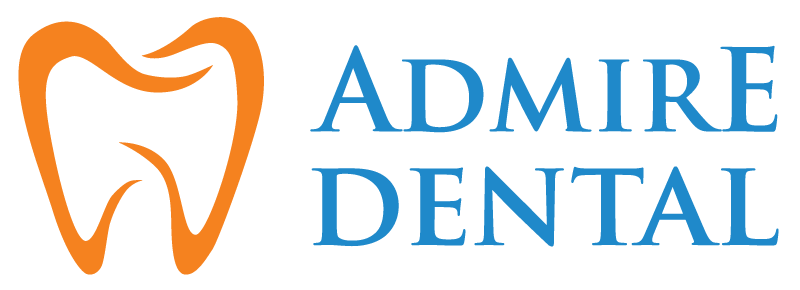A bright and healthy smile not only boosts your confidence but also plays a significant role in your overall well-being. Good dental hygiene practices are essential for maintaining strong teeth, healthy gums, and preventing various dental issues. In this blog article, we’ll explore some common hygiene practices that can help you achieve and maintain optimal dental health, ensuring your smile shines brightly for years to come.
Brushing: The Foundation of Dental Health
Brushing your teeth is the cornerstone of any dental hygiene routine. It is recommended to brush at least twice a day, ideally after meals. Use a soft-bristled toothbrush and fluoride toothpaste to gently clean the surfaces of your teeth. Remember to brush your tongue as well, as it can harbor bacteria that cause bad breath.
The Right Brushing Technique:
Perfecting your brushing technique is crucial for effective cleaning. Hold your toothbrush at a 45-degree angle to your gums and use short, gentle strokes. Pay equal attention to all areas of your mouth, including the front, back, and chewing surfaces. Brush for at least two minutes each time to ensure a thorough clean.
Flossing: Reaching Where Toothbrushes Can’t
While brushing is vital, it can’t reach the tight spaces between teeth and under the gum line. Flossing is the key to removing plaque and food particles from these hard-to-reach areas. Incorporate flossing into your daily routine, being gentle to avoid damaging your gums.
Mouthwash: A Complementary Step
Using an antimicrobial mouthwash can further enhance your dental hygiene routine. Mouthwash helps reduce bacteria, prevent cavities, and leaves your mouth feeling fresh. Swish the mouthwash for about 30 seconds after brushing and flossing, and then spit it out. However, remember that mouthwash should not be a substitute for brushing or flossing.
Regular Dental Check-ups: Early Detection is Crucial
Regular dental check-ups are vital for maintaining overall dental health. Dentists can identify potential issues early on, preventing them from escalating into more significant problems. Aim to visit your dentist every six months, or as recommended based on your dental health needs.
A Balanced Diet: Nourishing Your Smile
Your diet plays a significant role in your dental health. Limit your intake of sugary and acidic foods, as they can lead to tooth decay and enamel erosion. Opt for a balanced diet rich in fruits, vegetables, whole grains, and lean proteins. Foods high in calcium and phosphates, like dairy products, contribute to strong teeth.
Stay Hydrated: Water for Dental Health
Water is nature’s gift to your teeth. Drinking plenty of water throughout the day helps wash away food particles and bacteria, reducing the risk of cavities. It also helps maintain saliva production, which is essential for neutralizing acid and protecting your teeth.
Avoid Harmful Habits: Smoking and Excessive Alcohol
Smoking and excessive alcohol consumption not only harm your overall health but also have detrimental effects on your dental well-being. Smoking stains teeth, causes bad breath, and increases the risk of gum disease and oral cancer. Reducing alcohol intake can prevent dry mouth and decrease the risk of tooth decay.
Maintaining overall dental hygiene is a combination of simple yet effective hygiene practices that you can incorporate into your daily routine. By dedicating time to brushing, flossing, regular check-ups, and making mindful dietary choices, you can preserve your winning smile and promote lasting oral well-being. Remember, a healthy mouth is a gateway to a healthier you, so invest in your dental health and let your smile radiate confidence and happiness. For more information on practicing good dental hygiene, visit the rest of our site or give us a call at 734-441-0200.


